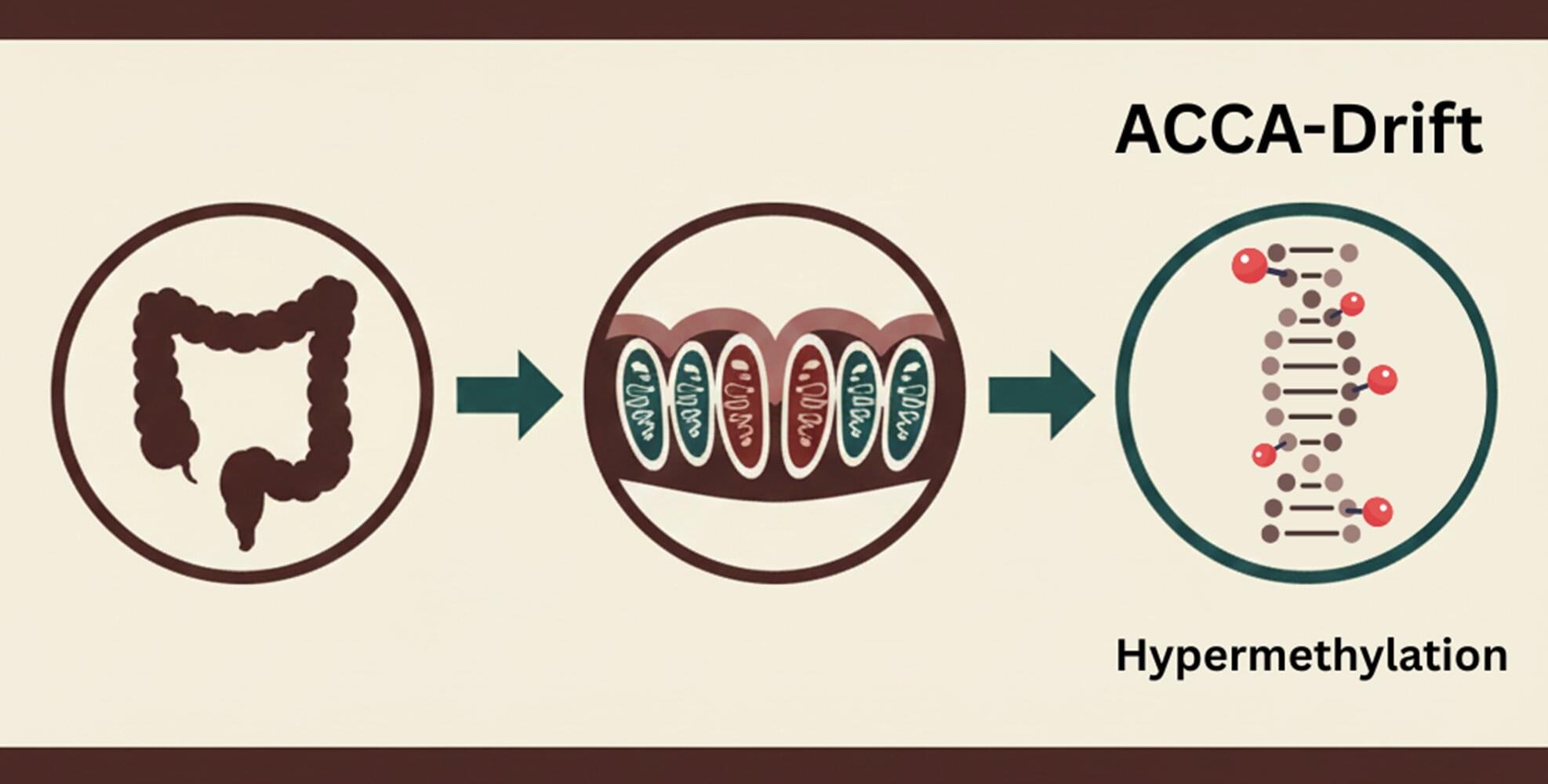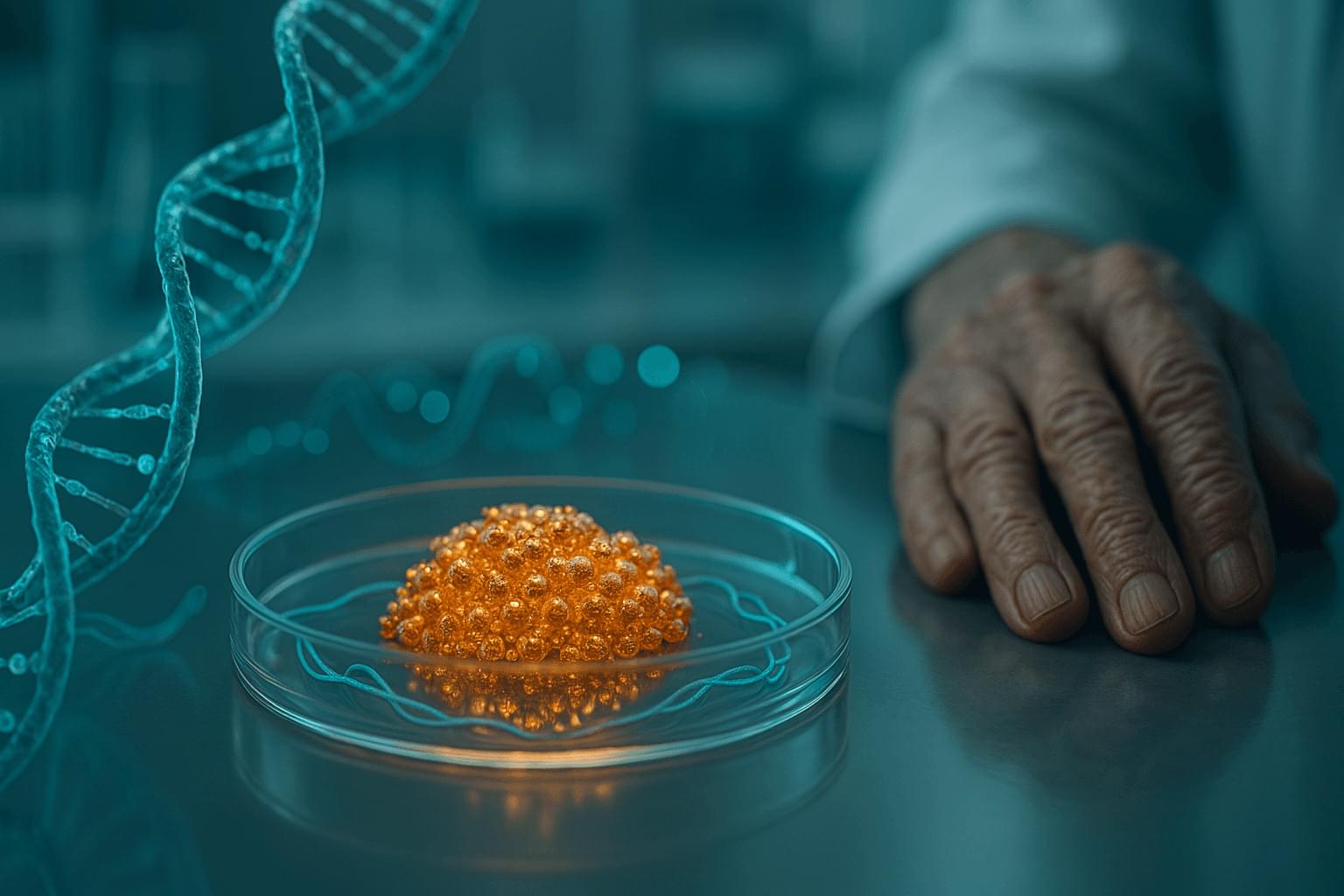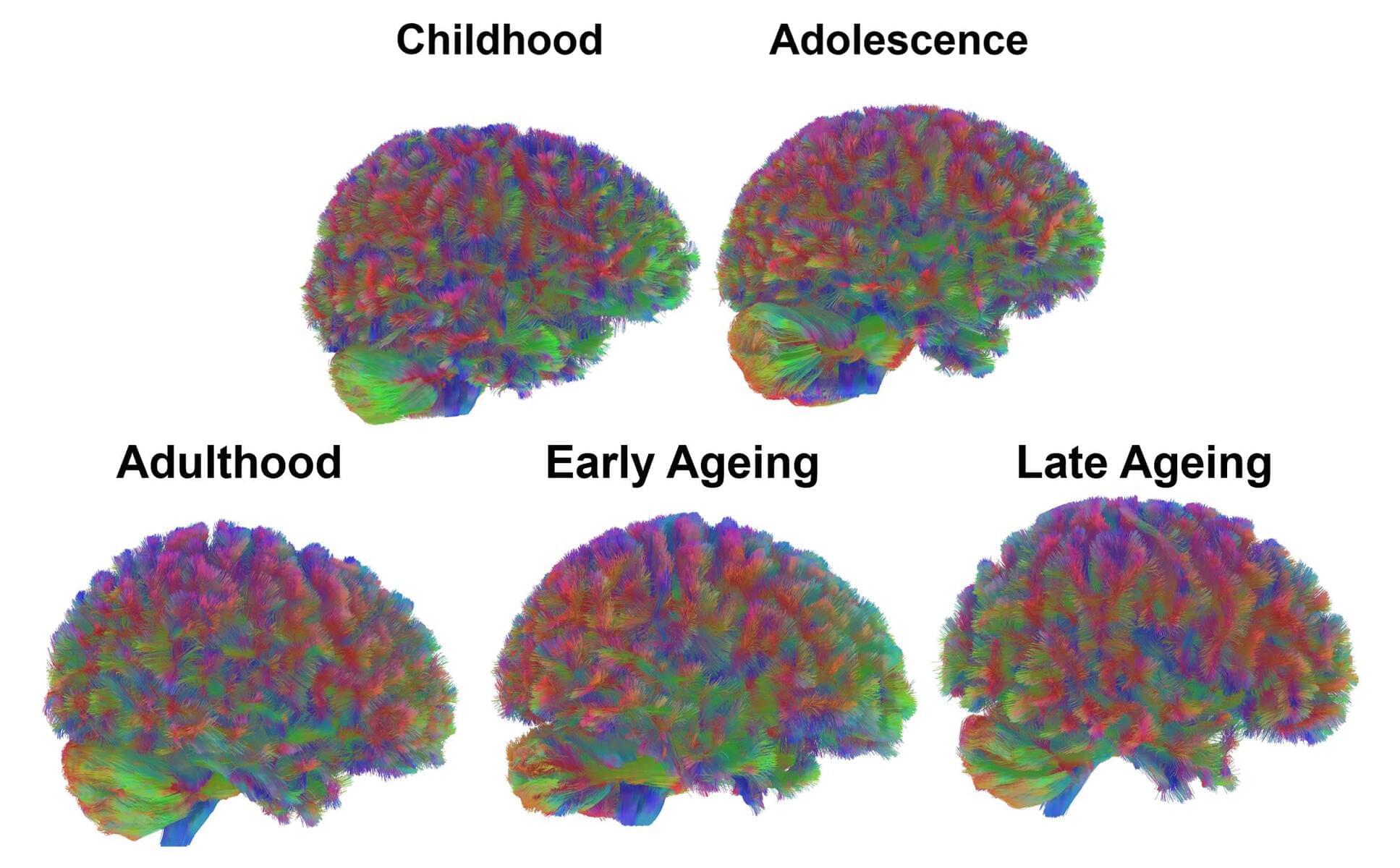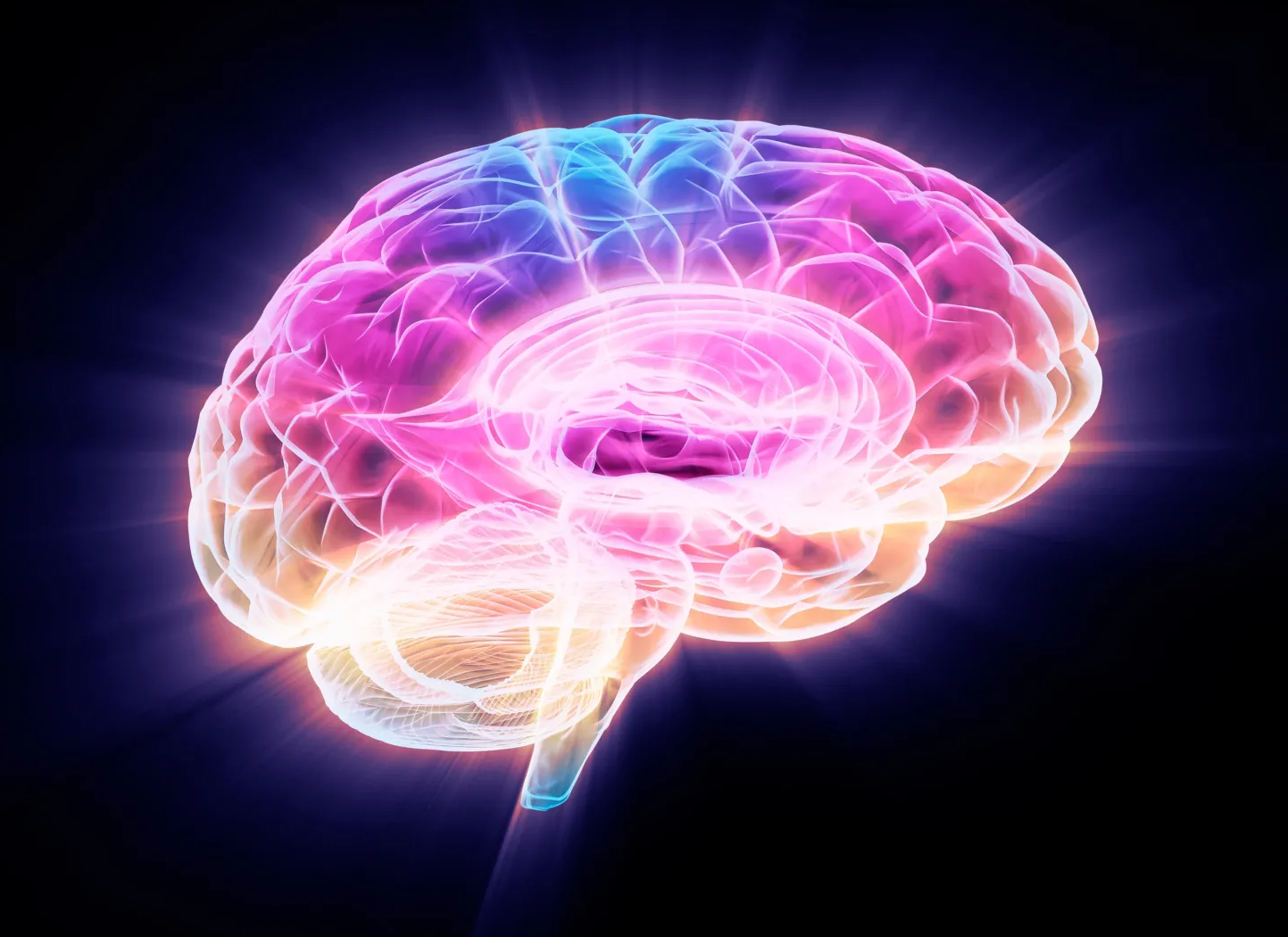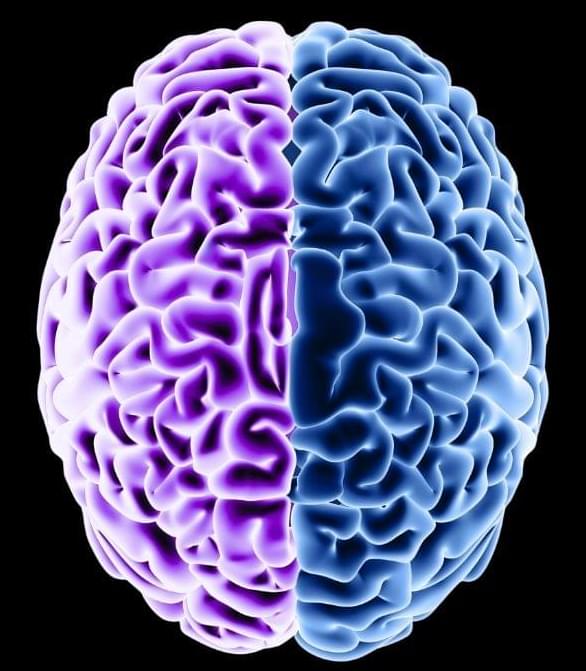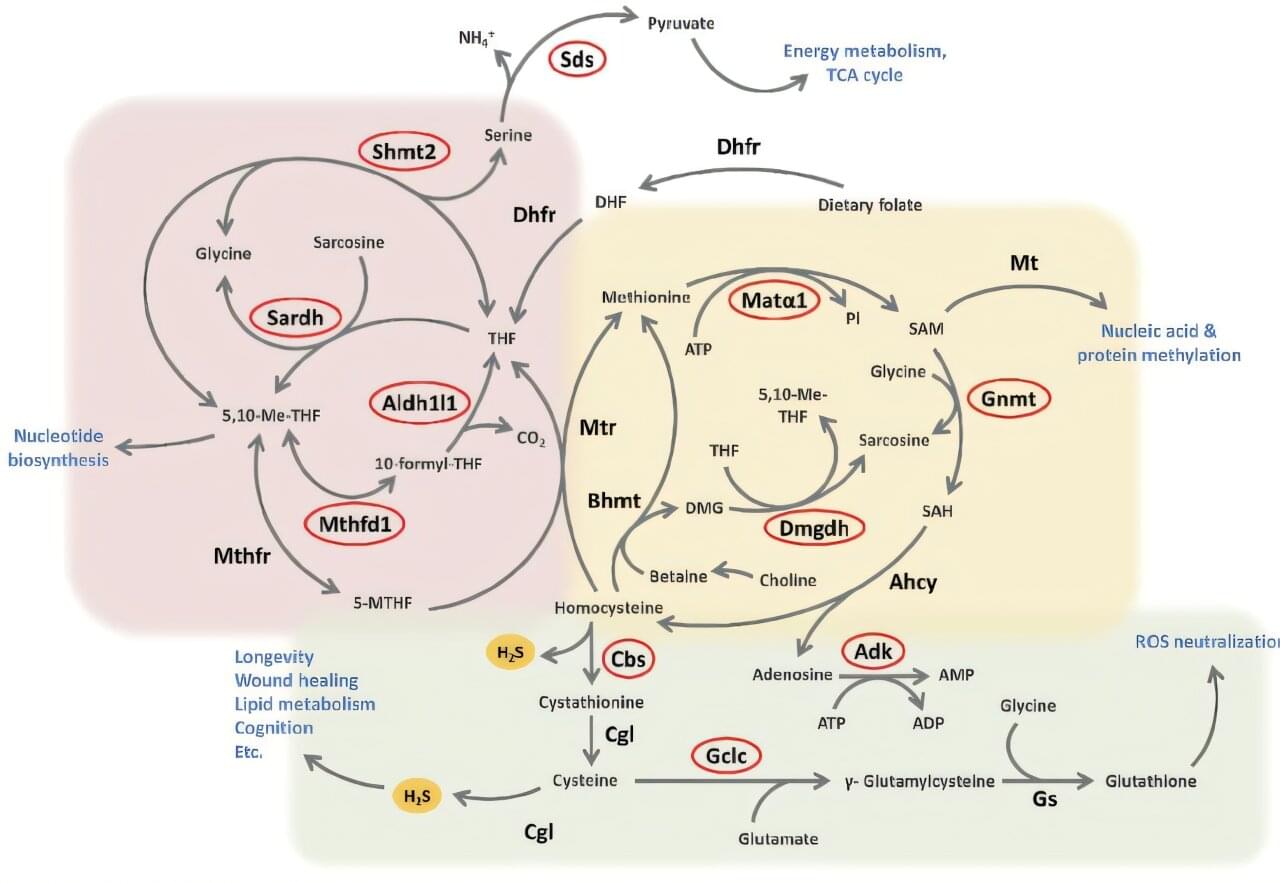The human gut renews itself faster than any other tissue: every few days, new cells are created from specialized stem cells. However, as we get older, epigenetic changes build up in these stem cells. These are chemical markers on the DNA that act like switches, determining which genes remain active.
The study, recently published in Nature Aging, was conducted by an international team led by Prof. Francesco Neri from the University of Turin, Italy, and shows that changes in the gut do not occur randomly. Rather, a specific pattern develops over the course of aging, which the researchers refer to as ACCA (Aging-and Colon Cancer-Associated) drift. “We observe an epigenetic pattern that becomes increasingly apparent with age,” explains Prof. Neri, former group leader at the Leibniz Institute on Aging—Fritz Lipmann Institute in Jena.
Genes that maintain the balance in healthy tissue are particularly affected, including those that control the renewal of the intestinal epithelium via the Wnt signaling pathway. The changes described as “drifting” can be detected not only in the aging gut, but also in almost all colon cancer samples examined. This suggests that the aging of stem cells creates an environment that promotes the development of cancer.
